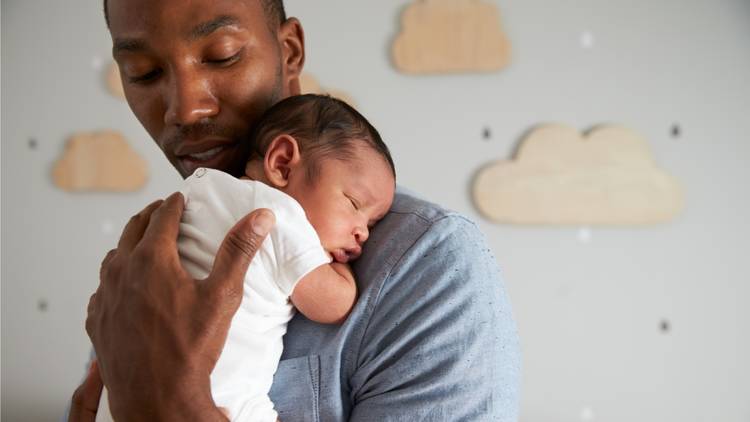On December 27th, the President signed into law the Consolidated Appropriations Act that included a COVID-19 relief package in addition to final FY2021 appropriations and tax measures. The Act includes roughly $900 billion in COVID-19 relief aid and includes many critical supports that families have been waiting for since the Coronavirus Aid, Relief and Economic Security (CARES) Act was enacted in March.
The science of child development tells us that babies’ experiences during this crisis will profoundly shape their lives. Since the passage of Families First Coronavirus Response Act (FFCRA) and the CARES Act, ZERO TO THREE has continued to hear directly from families with infants and toddlers, as well as child care providers, about their experiences coping with financial worries and family stress. We also have been drawing on the Rapid Early Childhood Survey, which provides an invaluable window to the experiences of families with young children during this crisis.
ZERO TO THREE examined the COVID-19 relief portion of the Consolidated Appropriations Act from the standpoint of critical needs identified for babies and families that will affect the nation’s ability to sustain the child care system, boost families’ economic security, support strong families and strong social emotional health, and meet families’ basic needs during the pandemic and beyond and found it includes many key emergency provisions to support families with young children through this crisis, though more is critically needed. Ultimately, additional funding will be required to support the families hardest hit by the health and economic impacts of the pandemic.
Downloads




